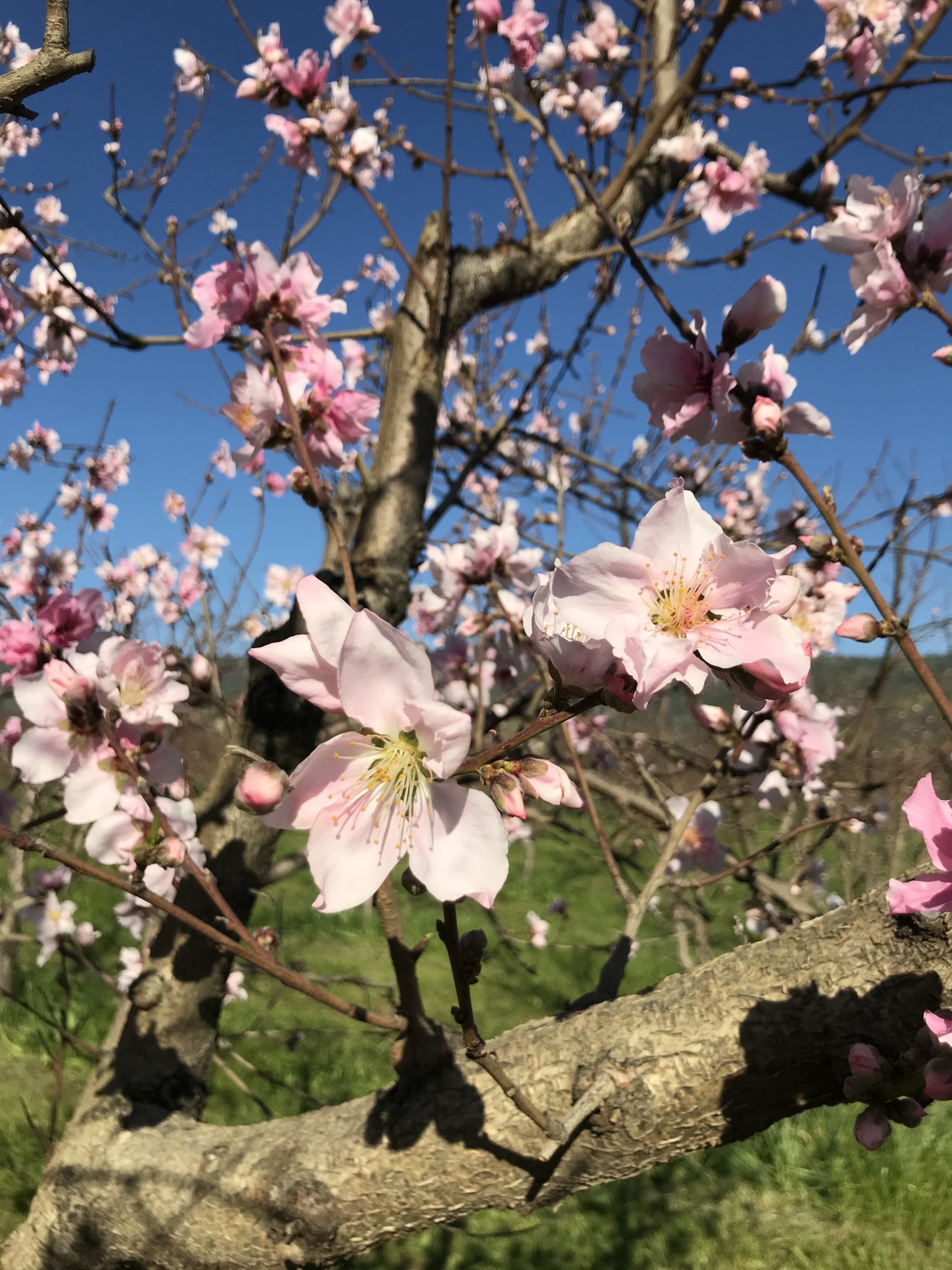

Farming can be difficult, in addition to awe-inspiring and rewarding. Last week was pretty tame but we still dealt with fierce north winds, equipment issues, pest pressure, COVID-19, a delivery truck with a flat tire, and internet and email issues, just to name a few things. Worry about the short-term and long-term implications of the drought and climate change are never far off.
But these hurdles are something that all farmers face, which cannot be said about all struggles facing this country’s farmers today or in the past. American history is filled with interpersonal, institutional, and structural racism and discrimination, and agriculture is no exception. Many farmers have been saddled with additional difficulties beyond those provided by nature and chance. These issues are often on my mind, even more so recently with some of the annual commemorations and celebrations happening this month. This Beet isn’t about the going’s on at our farm this past week, but all of us are eaters and politically active members of society, and it’s important to understand our history in order to advocate for corrections going forward.
February is Black History Month, and there is no shortage of inspiring and influential people and organizations to learn about, celebrate, support, and promote. After the Civil War, Guinda and the Capay Valley area, where Full Belly Farm is located, were settled by freed slaves and Capay was home to one of California’s oldest African American communities, and the Valley did not have segregated schools. Just looking at CSAs, the CSA model in the US was first promoted by Booker T. Whatley, a Black author, horticulturist, and professor at Tuskegee University. He advocated for “Clientele Membership Clubs” as one of his 10 Commandments in his book “How To Make $100,000 Farming 25 Acres” and in his numerous talks, interviews, and lectures.
At the same time that we celebrate people from the past, it’s important not to gloss over the tragic treatment of Black farmers in our country. There is a long history of discriminatory USDA lending and predatory land-purchasing (of heirs’ property) that has forced Black farmers off land that they and their families have farmed for generations and Black farm ownership has plummeted over the past century (from 14% of farms in 1920 to one percent today). Despite many lawsuits brought against the USDA about discriminatory lending, this problem is ongoing. To get a clear example, you can learn about the experience of the Provost family in this Guardian article or by listening to “The Land of Our Fathers: Parts 1 & 2” from the New York Times’ 1619 podcast. During the pandemic, Black farmers have also had a harder time getting access to federal relief programs. Last year, the American Rescue Plan Act of 2021 was signed into law, which included the Emergency Relief for Farmers of Color Act introduced by Senator Raphael Warnock of Georgia, which will provide $4 billion in direct debt forgiveness for “socially disadvantaged farmers” and another $1.01 billion will go to increasing support and resources for minority farmers. However, the payouts have been halted due to numerous lawsuits claiming “reverse racism”.
This past Saturday was the Day of Remembrance, the annual day to remember when Franklin D. Roosevelt signed Executive Order 9066 on February 19, 1942, leading to the forced removal and incarceration of over 130,000 Americans of Japanese ancestry living on the West Coast, the majority being American citizens. The Japanese-American community was a huge part of California agriculture, growing up to 40% of the state’s vegetables, and they continued to grow produce while imprisoned despite difficult growing conditions. After the war, many did not get their land back and left farming, including farmers in the Capay Valley and nearby areas (you can read about two local examples here and here), though some did. Many non-farming business-owners lost their companies and other lost their homes. In 1988, the US Government officially acknowledged the injustice of what occurred, apologized and provided reparations of $20,000 for each remaining survivor, and committed to future education to hopefully avoid repeating a similar event again.
Maybe you already knew about these events, maybe all of this is new. I encourage you to learn more about the events discussed above (there are plenty of links included, and many more that you can discover), and to learn about some of the inspiring Black and Japanese American farmers in your community and across the state and country.
_________________________________________________________
One last note, this week is CSA Week, a nation-wide effort to encourage CSA sign-ups and promote the CSA movement. Most folks reading this are already part of a CSA (ours!), but maybe you’ve got a friend or family member who’s expressed an interest in local, seasonal food and supporting farmers in their community. Encourage them to join a CSA! There are CSAs all over the country, each set up a little differently and growing different things. You can also tell local friends and neighbors about us, but we’re still seeing more demand than we can meet and have a waiting list that we open as frequently as we can.
– Elaine Swiedler, CSA Manager


